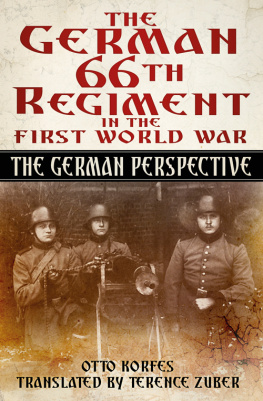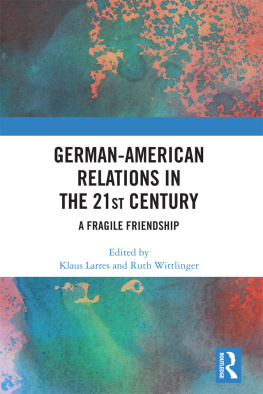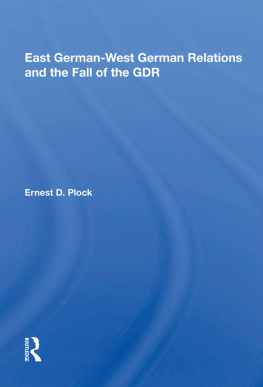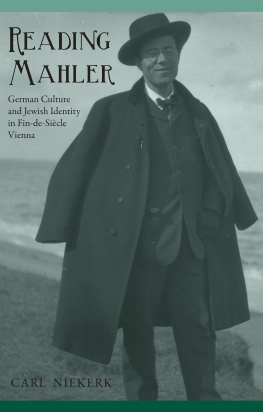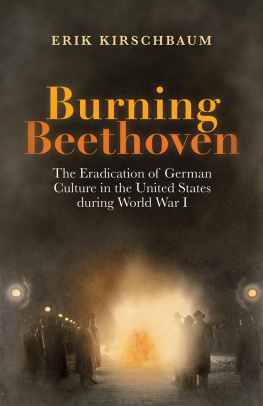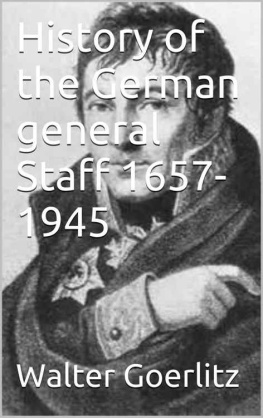Degrees of Allegiance
Ohio University Press Series on
Law, Society, and Politics in the Midwest
SERIES EDITORS: PAUL FINKELMAN AND L. DIANE BARNES
The History of Ohio Law, edited by Michael Les Benedict and John F. Winkler
Frontiers of Freedom: Cincinnatis Black Community, 18021868, by Nikki M. Taylor
A Place of Recourse: A History of the U.S. District Court for the Southern District of Ohio, 18032003, by Roberta Sue Alexander
The Black Laws: Race and the Legal Process in Early Ohio, by Stephen Middleton
The History of Indiana Law, edited by David J. Bodenhamer and Hon. Randall T. Shepard
The History of Michigan Law, edited by Paul Finkelman and Martin J. Hershock
The Rescue of Joshua Glover: A Fugitive Slave, the Constitution, and the Coming of the Civil War, by H. Robert Baker
The History of Nebraska Law, edited by Alan G. Gless
American Pogrom: The East St. Louis Race Riot and Black Politics, by Charles L. Lumpkins
No Winners Here Tonight: Race, Politics, and Geography in One of the Countrys Busiest Death Penalty States, by Andrew Welsh-Huggins
The Dred Scott Case: Historical and Contemporary Perspectives on Race and Law, edited by David Thomas Konig, Paul Finkelman, and Christopher Alan Bracey
The Jury in Lincolns America, by Stacy Pratt McDermott
Degrees of Allegiance: Harassment and Loyalty in Missouris German-American Community during World War I, by Petra DeWitt
PETRA DEWITT
Degrees of Allegiance
HARASSMENT AND LOYALTY IN MISSOURIS
GERMAN-AMERICAN COMMUNITY DURING WORLD WAR I
Ohio University Press, Athens, Ohio 45701
ohioswallow.com
2012 by Ohio University Press
All rights reserved
To obtain permission to quote, reprint, or otherwise reproduce or distribute material from Ohio University Press publications, please contact our rights and permissions department at (740) 593-1154 or (740) 593-4536 (fax).
Printed in the United States of America
Ohio University Press books are printed on acid-free paper

20 19 18 17 16 15 14 13 12 5 4 3 2 1
Library of Congress Cataloging-in-Publication Data
DeWitt, Petra, 1961
Degrees of allegiance : harassment and loyalty in Missouris German-American community during World War I / Petra DeWitt.
p. cm. (Ohio University Press series on law, society, and politics in the Midwest)
Includes bibliographical references and index.
ISBN 978-0-8214-2003-4 (hc : acid-free paper) ISBN 978-0-8214-4419-1 (electronic)
1. German AmericansMissouriHistory20th century. 2. World War, 19141918German-Americans. 3. World War, 19141918Missouri. 4. GermansMissouriHistory20th century. 5. German AmericansLegal status, laws, etc.United StatesHistory20th century. I. Title.
F475.G3D49 2012
940.4'03dc23
2011053208
CONTENTS
American yet German: The State of German-American
Culture and the Relationship between Germans and Non-Germans in Missouri on the Eve of World War I |
ACKNOWLEDGMENTS
Completing a project on the scale of this book, from the initial idea to the revised manuscript, would have been impossible without the assistance and support of many individuals along the way whom I wish to thank.
At the University of Missouri in Columbia, I had the pleasure of working with outstanding scholars who freely shared their knowledge and gave advice. Susan Flader, Mary Neth, John Bullion, Linda Reeder, Kirby Miller, and Walter Schroeder lent their support, expertise, and guidance and offered invaluable advice as this book took shape. Walter Kamphoefner, a leading scholar in the field of German immigration, added invaluable insight during several conferences. At the Missouri University of Science & Technology I also benefited from the advice of Larry Gragg. As a former mentor and now colleague, he willingly read and criticized my work as it grew.
During my lengthy research I had the help of many. The assistance of David Moore, John Konzal, and William Stolz at the Western Historical Manuscript Collection, University of MissouriColumbia, has been very important over the years. The newspaper library at the State Historical Society of Missouri in Columbia houses the largest collection of newspapers of any state and is invaluable to anyone conducting research in regional history. Thank you also to Kimberlee Reid and the staff as well as to the volunteers at the National Archives, Central Plains Region, in Kansas City for their assistance during my search for Selective Service records and cases prosecuted under the Espionage Act in the Eastern District Court of Missouri. Members of the staff at the Missouri State Archives in Jefferson City were kind and efficient in responding to my requests for documents and microfilms. John Viessman, the curator of the State Museum at the Capitol in Jefferson City, provided access to his research, helped me find a survivor from the World War I era, and assisted during the resulting interview.
I thank all the dedicated staff, volunteers, and taxpayers who support numerous local libraries and county historical societies. Thank you, Claudia Baker and Mary Lou Schulte, for allowing me free access to the documents and family histories located at the Osage County Historical Society. My most heartfelt appreciation goes to Art Draper, Missy Frank, and Lois Puchta at the Gasconade County Historical Society. You graciously offered assistance, advice, and firsthand knowledge of the German culture in Hermann and Gasconade County. You have made me feel at home in Hermann, and your interest in my work, your contacts, and your personal knowledge of the areas history have helped tremendously.
I am grateful to several other individuals for their advice and inspiration. Father Joe Welschmeyer supplied me with his personal knowledge of Osage County and gave me a tour of Rich Fountain, Missouri. Phyllis Garstang, Marylin Shaw Smith, and Ralph Sellenschutter through their correspondence offered additional personal insight into the events during the war and the preservation of German culture. The editors at Ohio University Press, including Gillian Berchowitz and Nancy Basmajian, were very patient through the lengthy revision process, and their editorial suggestions made this a better book.
Not last, I wish to thank the women in my life who have served as shining examples of success despite the continued limits placed upon the female gender. Many thanks to my mother, Marlene Wagner, who still lives in Germany, for teaching me perseverance, patience, and organization. She, as I, was a migrant; only she took a greater and more difficult step when she, as a single person, packed a suitcase in 1957 and left her family in East Germany for a better future in West Germany. Her courage and determination have been an inspiration to me throughout my life. Ibby, you allowed me to come into your life as a transcriber of family letters and convinced me to continue the struggle when I was ready to throw in the towel. Your friendship and wisdom are precious to me.


